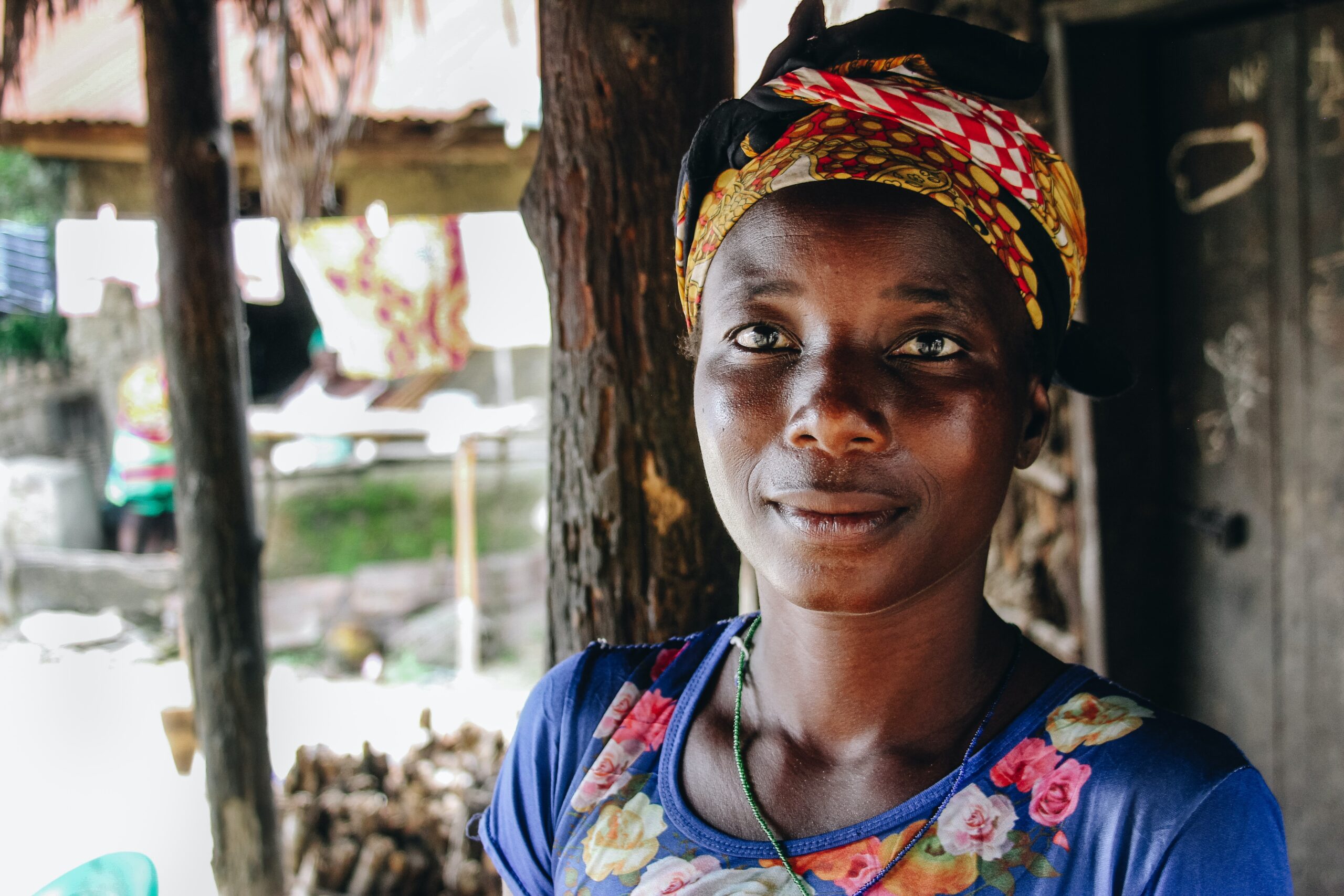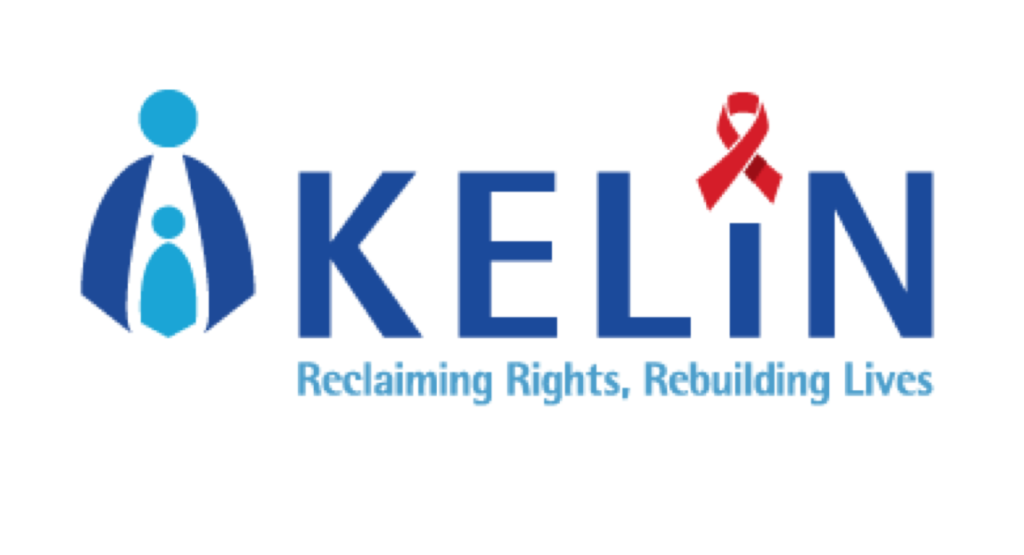HIV, TB Key & Affected Populations
Increasing awareness to promote dialogue with the communities and
stakeholders on their right to TB and HIV related services.
Human rights are never really secure, they must be fought for everyday! We are convinced that the legal environment, law enforcement and justice systems have immense potential to better the lives of people living with and affected by HIV & TB.
The HIV, TB and Key Populations thematic area exists to protect and promote the rights of the vulnerable and marginalized groups using a multi-faceted approach: the simultaneous eradication of HIV and TB and the elevation and protection of health-related rights of key populations such as prisoners, LGBTQI persons and adolescent girls and young women.
The thematic area is committed to achieving universal access to prevention, treatment, care and support, eradicating inequalities and ensuring dignity and human rights for people living with HIV, people with TB, and key populations.
We envision an environment where populations with different sexual orientations and identities can access to health services without fear of stigma and discrimination, where a drug user can access clean needles without the risk of arrest; and where a sex worker doesn’t need to fear any violence from clients nor from the police. We work to ensure that health human rights on HIV, TB and key and affected populations are integrated into policies, laws, and regulations.

Frequently Asked Questions
Kenya has an HIV-specific law, that is, the HIV and AIDS Prevention and Control Act, 2006.
Under this law, people living with HIV are protected as follows:
(a) Compulsory HIV testing is prohibited: It is unlawful to force another person to undergo an HIV test (for any reason including employment, marriage, education, or provision of health or for insurance)
(b) HIV testing can only be conducted after the person receiving the service has provided informed consent.
(c) A person being tested for HIV must be provided with pre-test and post-test counselling.
(d) Results of an HIV test are confidential and must only be released to the tested person or legal guardian.
(e) Disclosure of another person’s HIV status without their consent is illegal.
(f) It is unlawful to discriminate against a person based on HIV status at the workplace, school, or health institution.
YES. Article 43 of the Constitution guarantees every Kenyan the right
to the highest attainable standard of health, which includes the right to health
care services, including reproductive health care.
i)Right to receive health services:
I have the right to be provided with health services that are accessible, acceptable and of good quality.
ii) Right to reproductive health:
I have:
o the right to be informed about reproductive health services;
o the right to access reproductive health services including to safe, effective, affordable and acceptable family planning services;
o the right to access appropriate health-care services to go safely through pregnancy, childbirth, and the post-delivery period.
o the right to access to treatment by a trained health professional for conditions occurring during pregnancy.
iii) Right to health information:
I have the right to health information which means:
o The right to be informed about my health status;
o The right to be informed about the treatment I am receiving;
o The right to be informed about the benefits, risks, costs and consequences of (each) treatment (option).
o The right to refuse recommended medical options (and information on the implications, risks, and legal consequences of such refusal).
iv) Right to informed consent:
I must give permission to be provided with health services.
v) Right to confidentiality:
Information relating to my health status or treatment at a health facility is confidential
vi) Right to dignity: my dignity must be respected and protected as I receive health services.
vii) Right to non-discrimination:
I have the right to access health services without being discriminated against based on any ground.
viii) Right to emergency medical treatment:
I have the right to emergency medical treatment which means that in an emergency situation, every hospital, private or public, should ensure that:
o I receive pre- hospital care;
o My health status is stabilized; and
o The hospital arranges for referral in cases where they do not have facilities or capability to stabilize my health status
